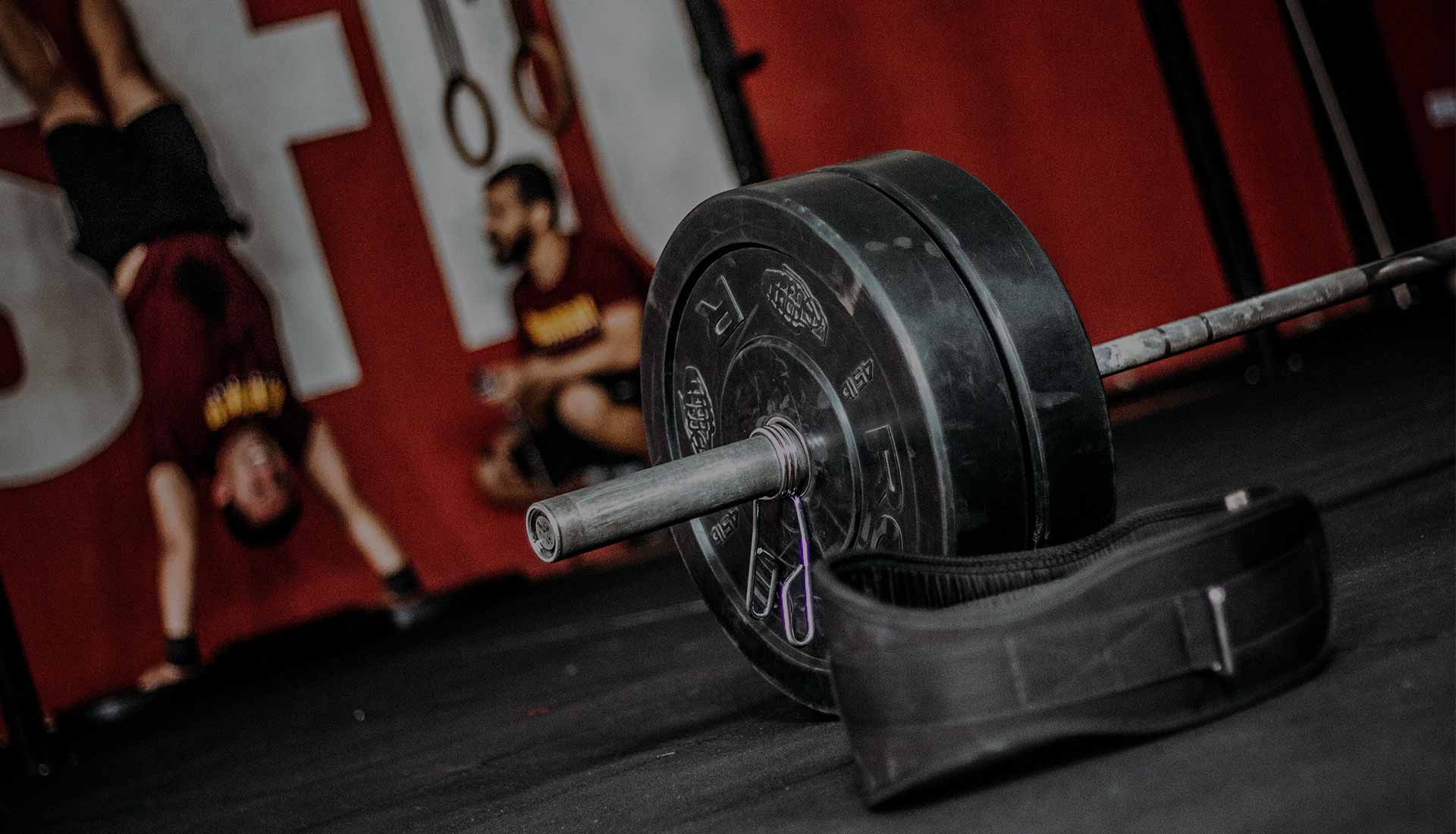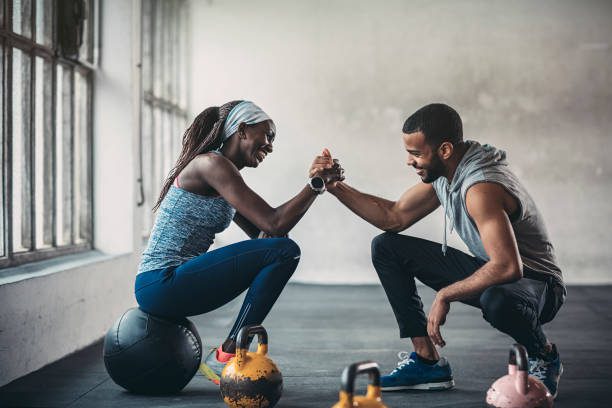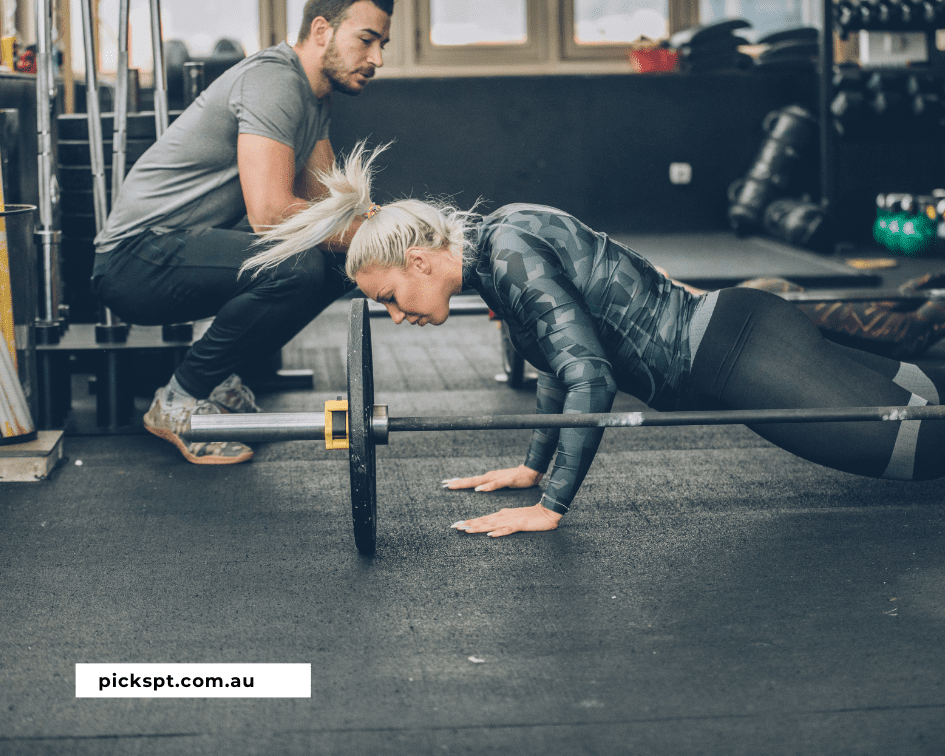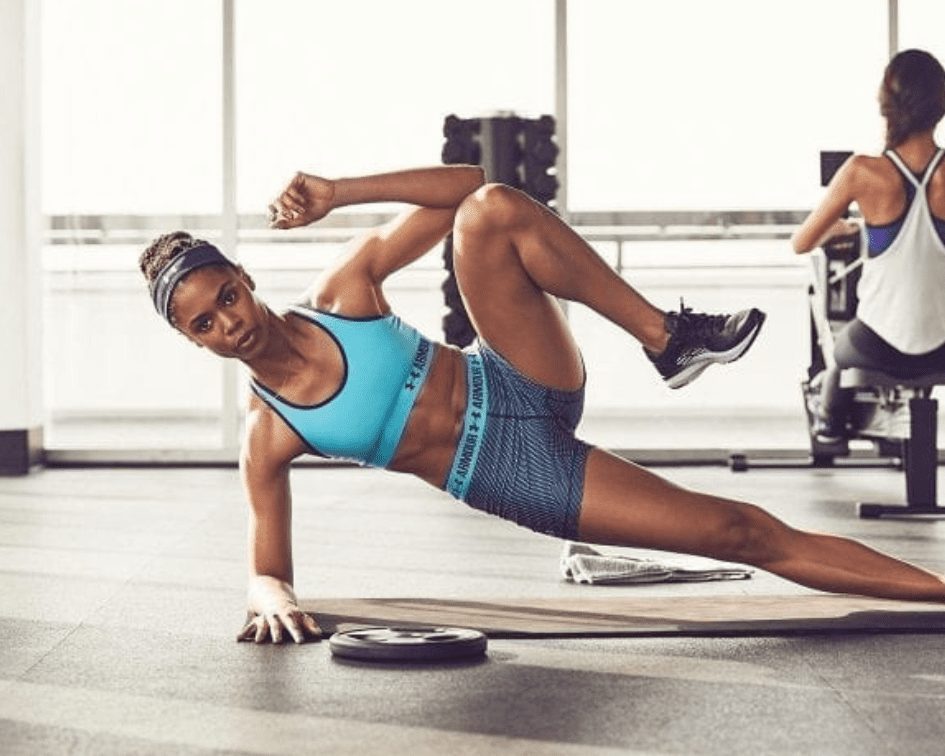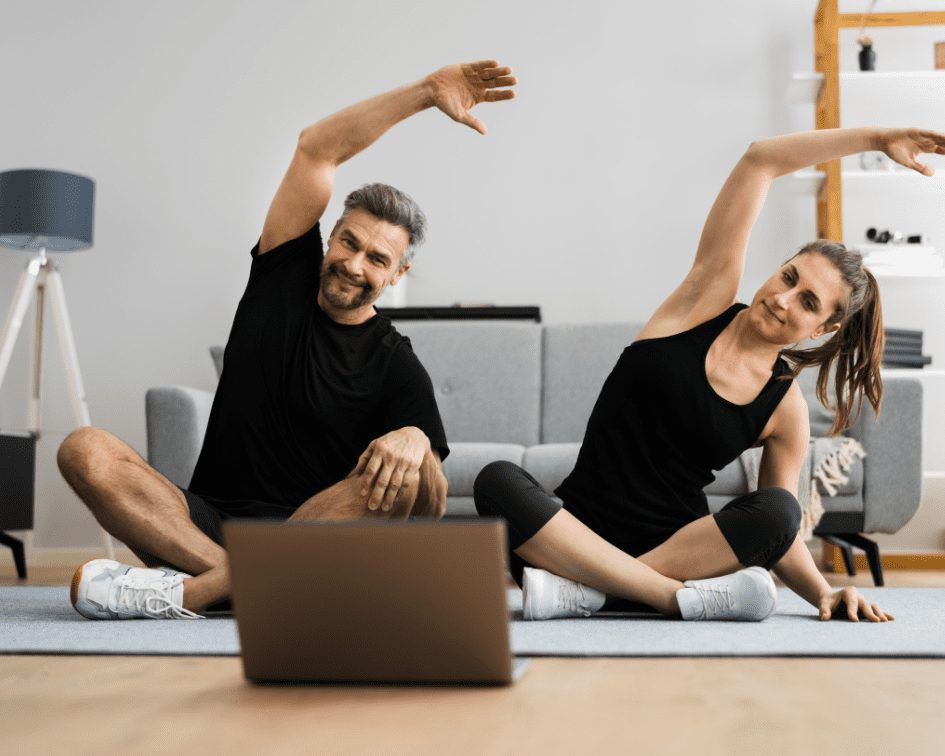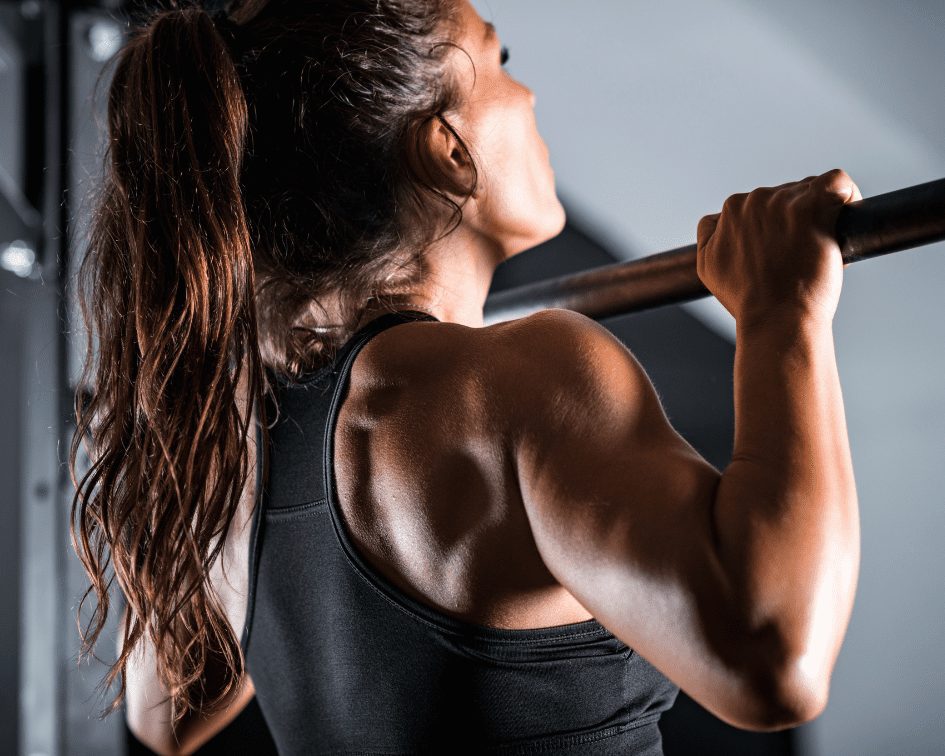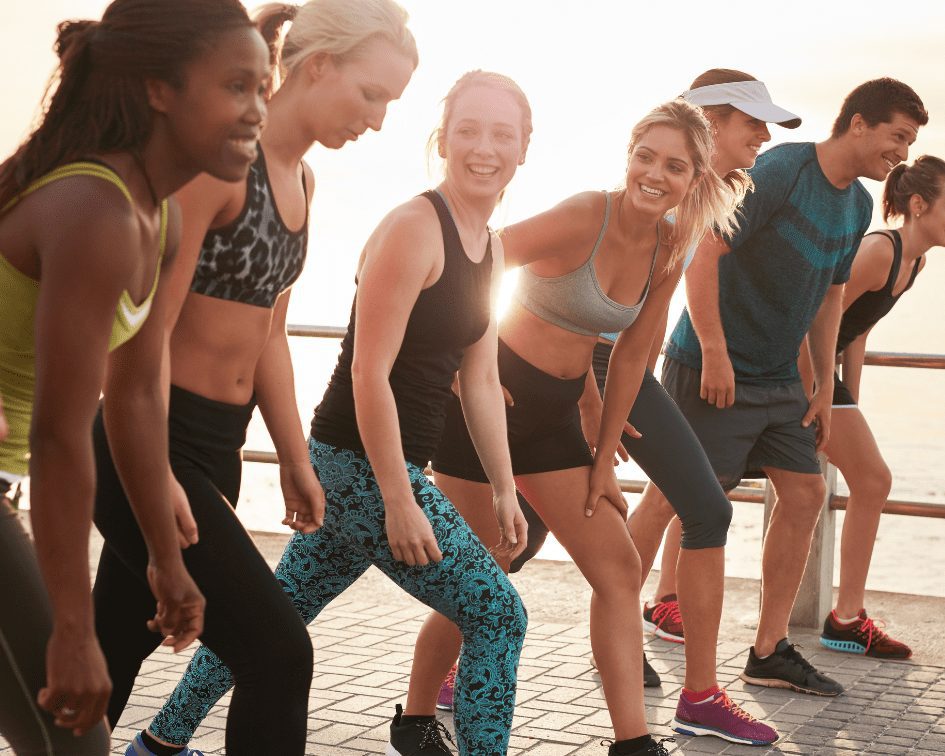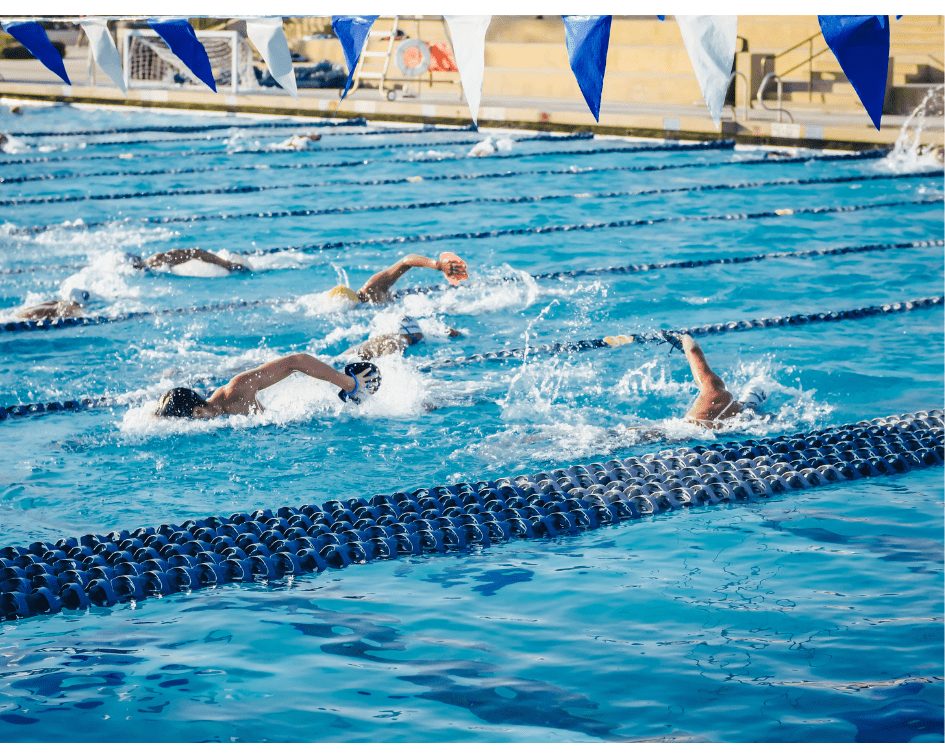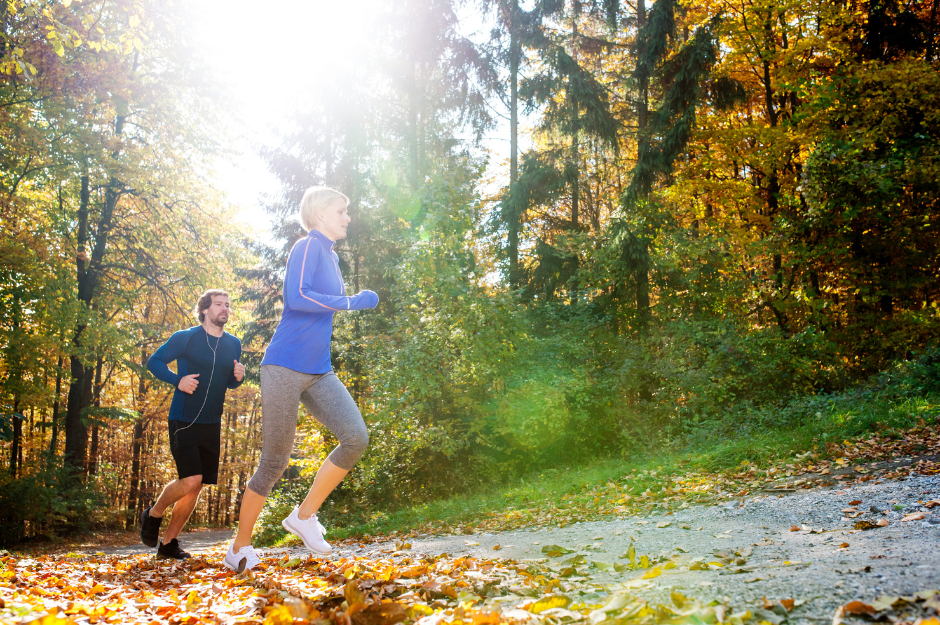Life has a way of throwing unexpected challenges our way, whether it's welcoming a new bundle of joy into the world, recovering from a medical setback, or simply navigating the ups and downs of daily life. In these moments, our fitness routines often take a backseat as we prioritize other responsibilities and priorities. However, regaining our strength, energy, and confidence to get back into the groove is not only possible but essential for our overall well-being. At Picks PT, we
In the quest for physical fitness, there's often a debate about the ideal frequency of strength training compared to other components of fitness. Should you lift weights daily, several times a week, or intermittently? And how does strength training stack up against cardiovascular exercise, flexibility training, and other forms of physical activity? In this comprehensive guide, we'll unravel the mysteries surrounding strength training frequency and delve into its myriad benefits compared to other aspects of fitness.
In a world where demands constantly tug at us from every direction, it's easy to let our health and fitness fall by the wayside. Yet, amidst the chaos, prioritizing our physical well-being is paramount. Whether you're striving for peak performance in sports, seeking to improve your overall quality of life, or simply aiming to move with ease and grace, enhancing your strength and mobility is the key to unlocking your full potential.
Entering your 40's is a milestone that brings with it wisdom, experience, and the opportunity to prioritize your health and fitness like never before. While some may perceive aging as a barrier to staying fit, the truth is that with the right approach, achieving peak fitness in your 40's and beyond is not only possible but incredibly rewarding. In this blog, we'll explore the unique considerations and strategies for maintaining and enhancing your fitness as you embrace your fabulous forties
In the quest for optimal health and fitness, many of us focus solely on either nutrition or exercise. However, it's the synergy between these two pillars that truly unlocks our potential and leads to holistic well-being. At [Your Personal Training Company], we understand the importance of bridging the gap between nutrition and exercise to achieve lasting results. Let's explore how this synergistic relationship can transform your health and how our personal training services offer comprehensive guidance for your journey.
In today's fast-paced world, prioritizing our health and well-being often takes a backseat to other responsibilities. However, investing in personal training (PT) isn't just about sculpting the perfect physique; it's a multifaceted journey that encompasses physical, financial, mental, and long-term benefits. In this blog, we'll delve into the myriad advantages of personal training, from its transformative effects on the body to its positive impact on the mind, wallet, and overall longevity of training. And throughout this exploration, keep an eye
In the ever-evolving landscape of fitness, Australia is at the forefront of a tech revolution that is transforming the way individuals approach their health and wellness journeys. From bustling cities like Sydney to the serene landscapes of the Outback, Aussies are embracing cutting-edge fitness apps and gadgets to elevate their workouts. In this blog post, we'll explore the latest trends in fitness technology specific to the Australian market, providing insights and recommendations to help fitness enthusiasts achieve optimal results.
In the ever-evolving landscape of fitness, Australia is at the forefront of a tech revolution that is transforming the way individuals approach their health and wellness journeys. From bustling cities like Sydney to the serene landscapes of the Outback, Aussies are embracing cutting-edge fitness apps and gadgets to elevate their workouts. In this blog post, we'll explore the latest trends in fitness technology specific to the Australian market, providing insights and recommendations to help fitness enthusiasts achieve optimal results.
In the ever-evolving landscape of fitness, Australia is at the forefront of a tech revolution that is transforming the way individuals approach their health and wellness journeys. From bustling cities like Sydney to the serene landscapes of the Outback, Aussies are embracing cutting-edge fitness apps and gadgets to elevate their workouts. In this blog post, we'll explore the latest trends in fitness technology specific to the Australian market, providing insights and recommendations to help fitness enthusiasts achieve optimal results.
In the ever-evolving landscape of fitness, Australia is at the forefront of a tech revolution that is transforming the way individuals approach their health and wellness journeys. From bustling cities like Sydney to the serene landscapes of the Outback, Aussies are embracing cutting-edge fitness apps and gadgets to elevate their workouts. In this blog post, we'll explore the latest trends in fitness technology specific to the Australian market, providing insights and recommendations to help fitness enthusiasts achieve optimal results.
In the hustle and bustle of Sydney's professional world, striking a balance between work, life, and fitness can be a daunting challenge. The demands of a fast-paced career often leave little time for personal well-being. However, maintaining this equilibrium is not only possible but crucial for your overall health and happiness. In this guide, we'll explore practical strategies for busy Sydney professionals to master the delicate art of work-life-fitness balance.
In the hustle and bustle of Sydney's professional world, striking a balance between work, life, and fitness can be a daunting challenge. The demands of a fast-paced career often leave little time for personal well-being. However, maintaining this equilibrium is not only possible but crucial for your overall health and happiness. In this guide, we'll explore practical strategies for busy Sydney professionals to master the delicate art of work-life-fitness balance.



